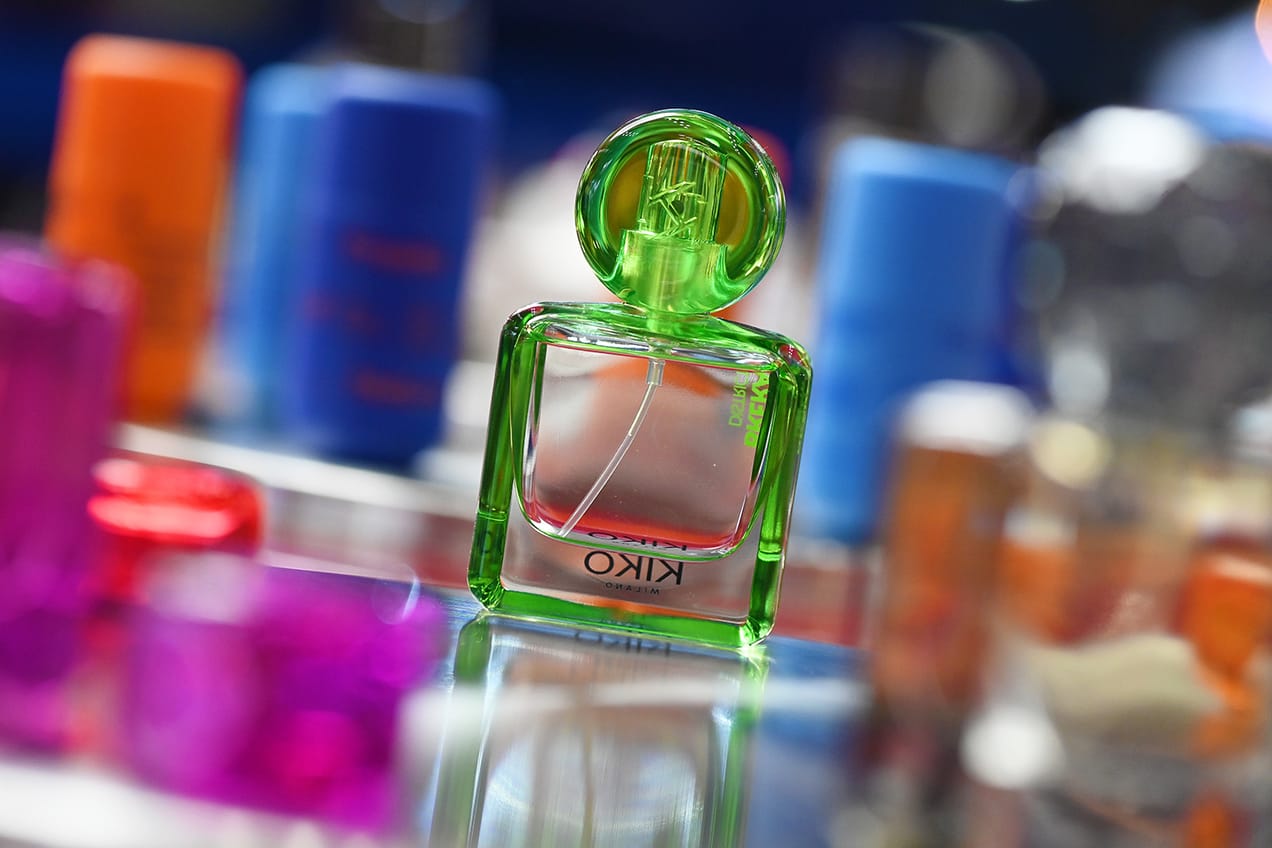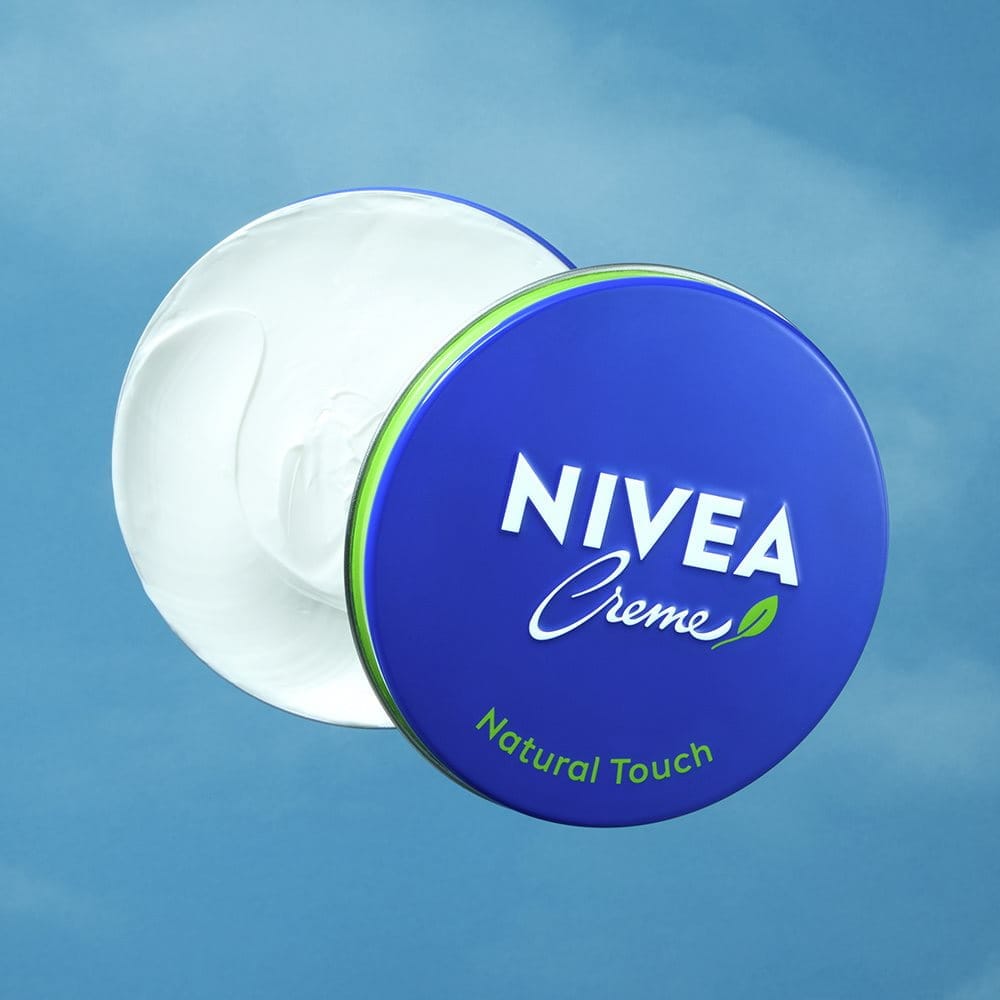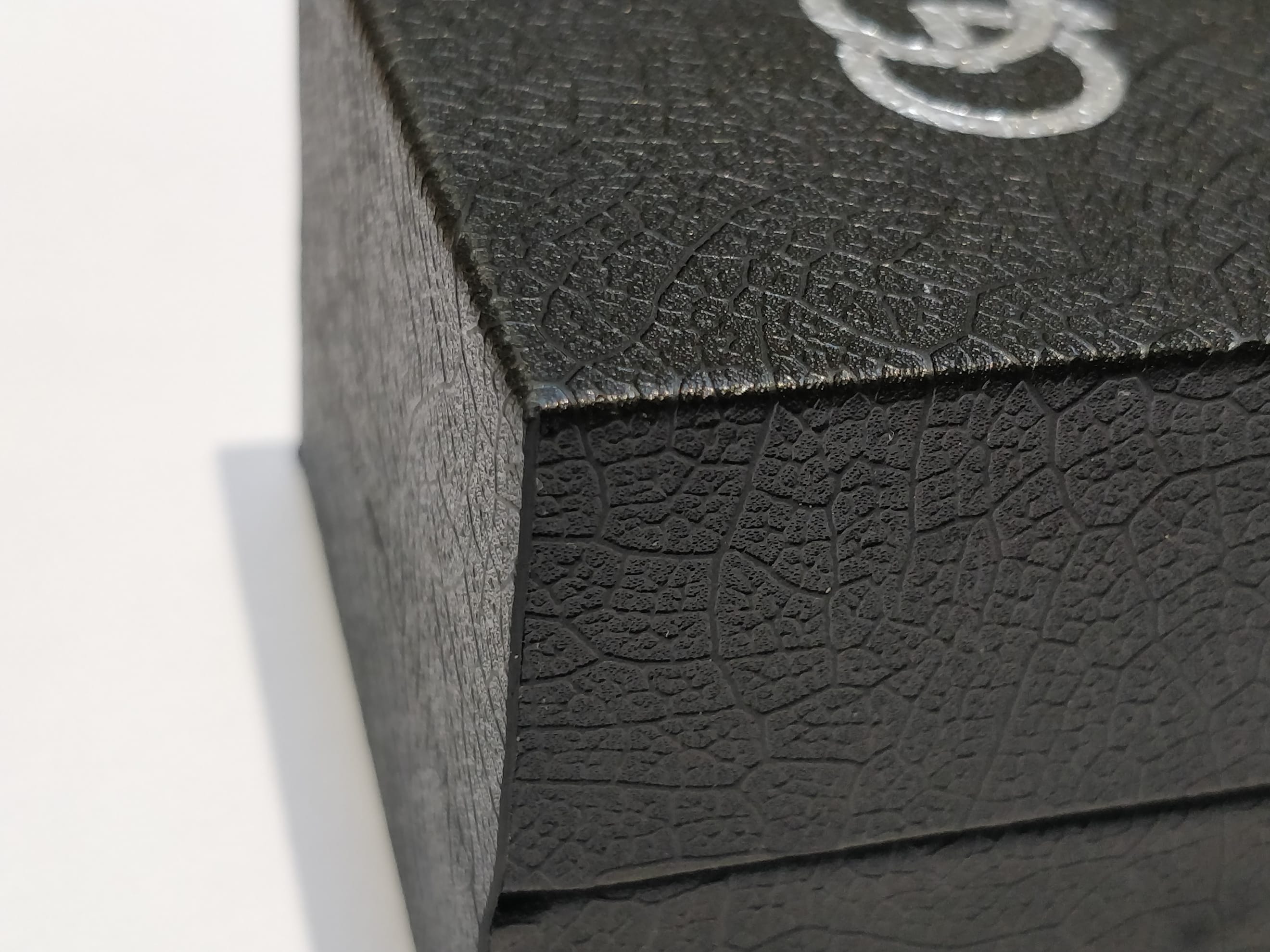
Renature's Phyli: A Plant-Based Game Changer for Luxury
In the luxury sector, the demand for plastic-free alternatives is increasing. Answering this pressing need, Renature, a French startup founded by Fanny Deléage, has developed Phyli, a biosourced, plant-based, and circular flexible material for luxury applications.
Phyli is a solution developed through research into protein transformation and material chemistry, with development beginning in 2016. The process is patented and designed to address both aesthetic and durability requirements.
From Lab to Luxury: Phyli's Journey
Phyli was developed through initial lab tests and co-patenting with universities since 2016. The company was then created in 2020, and Renature received the French Tech Émergence grant in 2020 and won the i-Lab France innovation competition in 2021. A workshop in Lyon was established in 2022 after its initial fundraising. By 2024, Phyli was prepared for industrialisation, and Renature was included in Challenges magazine's list of "100 startups to invest in."
In 2025, industrialisation is in progress, and partnerships are forming in the luxury sector. Renature also won the i-Nov 2025 competition with its MISIA project. Renature projects the creation of over 50 jobs by 2030.
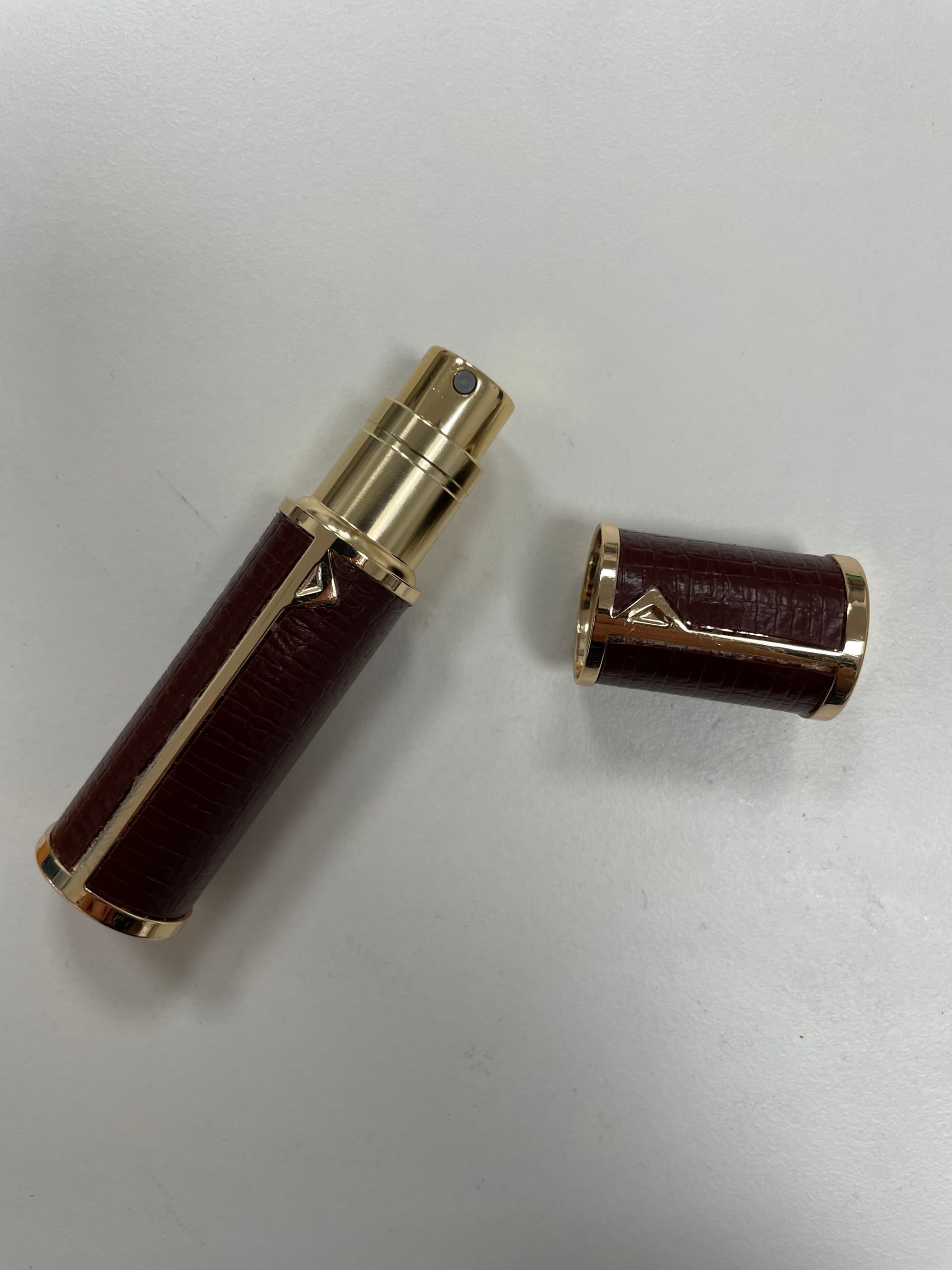
The Science of Sustainable Luxury
Phyli is a flexible material composed of vegetable proteins, vegetable tannins, and up to 10% mineral pigments. Its environmental profile includes a carbon footprint stated as 12 times lower than leather. It is free of plastic and toxic products and is produced from agri-food co- and by-products. The material is designed to be recyclable and compostable.
Renature's formulations use natural biopolymers from cereal and oilseed co-products for consistency, vegetable tannins for durability, and polyols from oil and wood co-products for flexibility. Most of its materials are agri-food waste and plant extracts, used as cellulosic and mineral fillers to influence texture, and colour is achieved through mineral pigments.
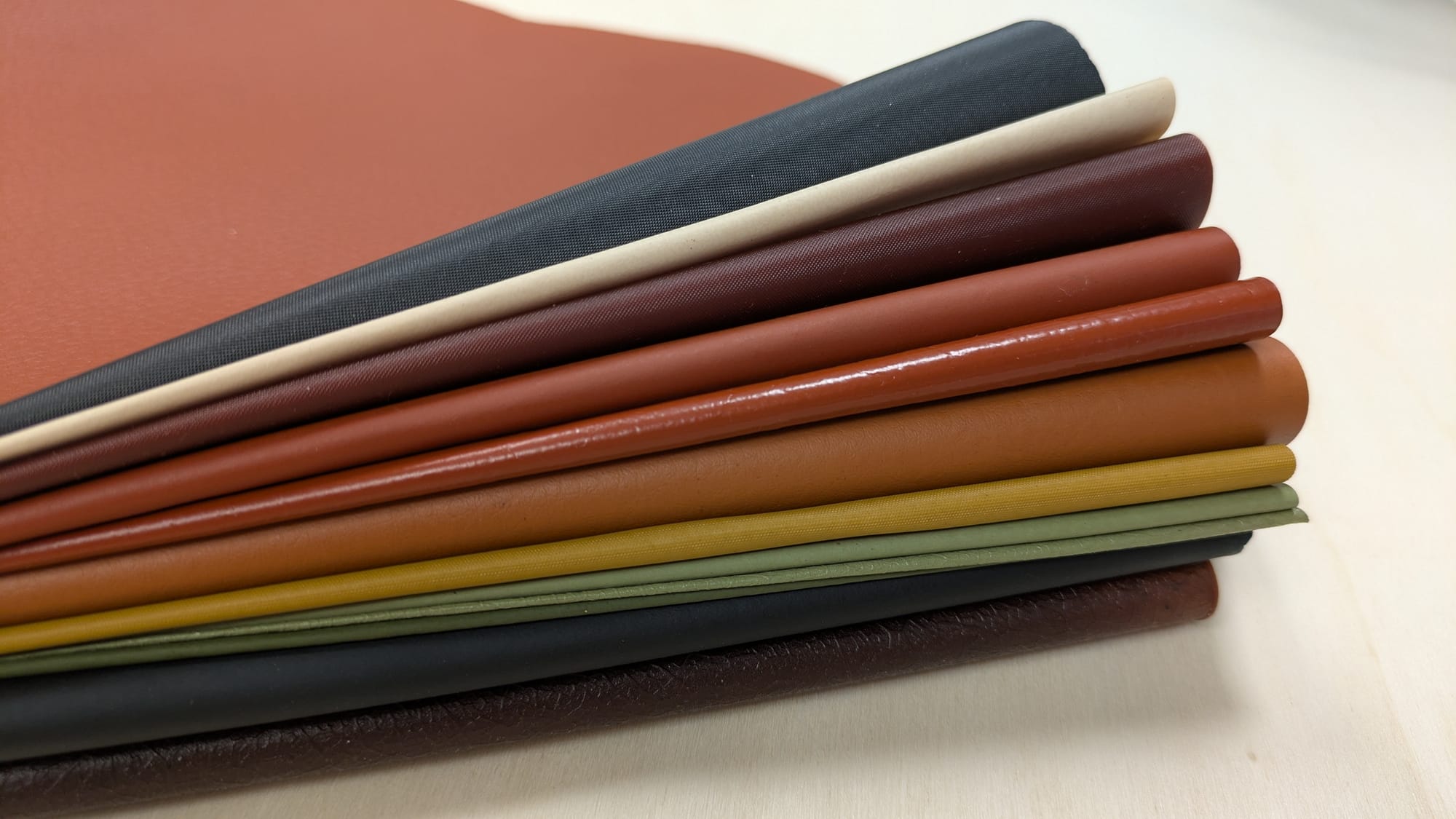
Versatility Meets Vocation
Phyli's manufacturing process, extrusion calendering without synthetic chemistry or cross-linking, allows for various applications. It is available in standard sheets or rolls, coated fabrics for leather goods and automotive, and granules for thermo-compression or injection processes, making it suitable for watches, fashion accessories, and packaging.
The material undergoes testing for durability against humidity, UV, friction, tearing, staining, and perspiration to meet luxury market standards.
Renature material can also be custom-made to colour, finishes and rendering, allowing brands to integrate their industrial co-products, such as coffee grounds, wine waste, or chocolate husks.
Phyli shows a lower environmental impact across several indicators compared to leather. The material presents an interesting option for luxury goods manufacturing.

